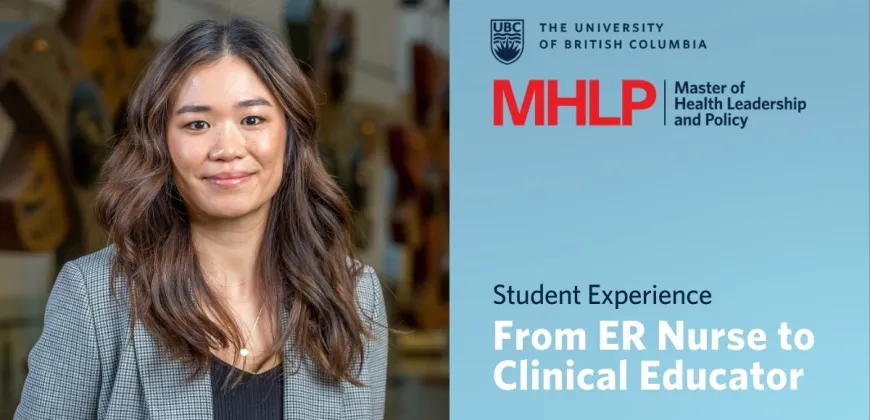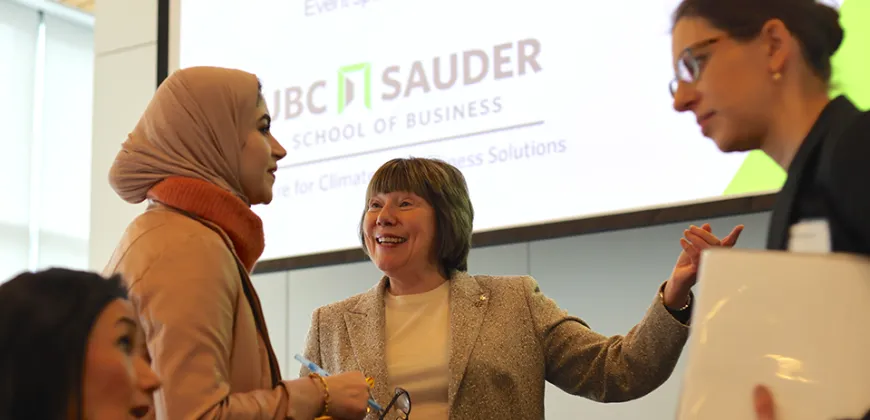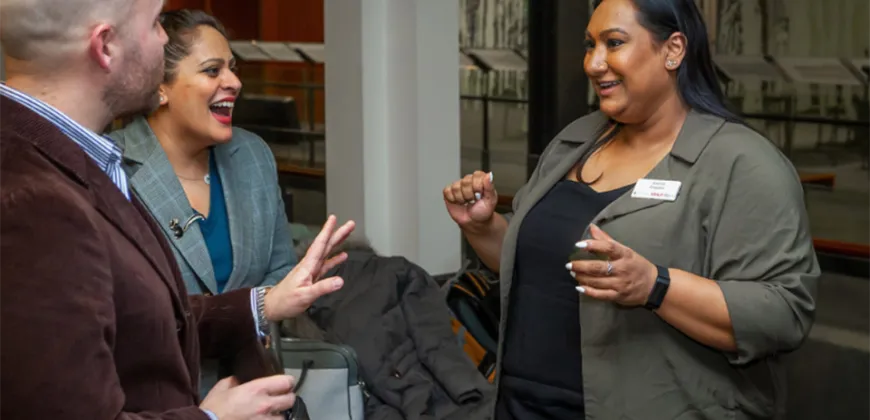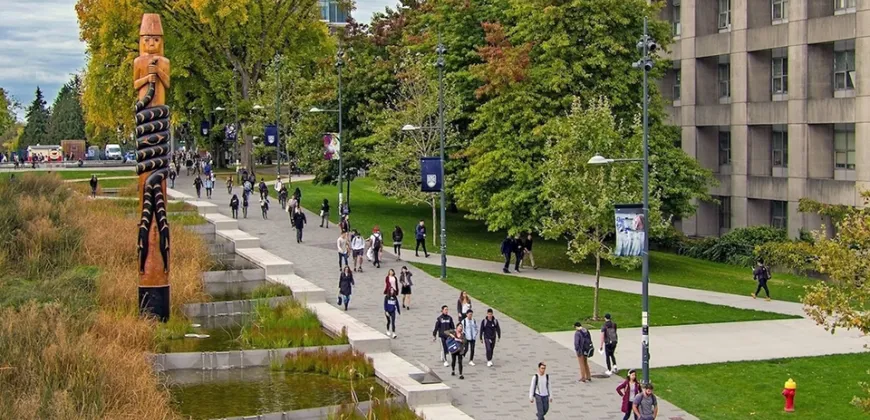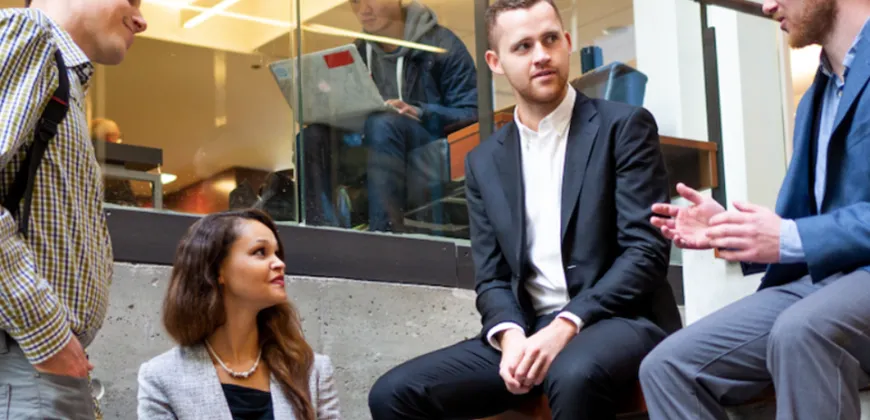What’s it like to be an MEL or MHLP student?
We connected with students in the midst of their program to gain insight on their experiences – from navigating the move to Canada to balancing the demands of coursework with family commitments.
Students also offered perspectives on the importance of making the most of opportunities outside the classroom, including on-campus networking events, social get-togethers with other students and connecting with staff for personalized career advice.
Each individual’s journey brings a unique perspective on adapting to life as a graduate student while advancing professional goals.
Explore their stories to discover what is like to be an MEL or MHLP student!
